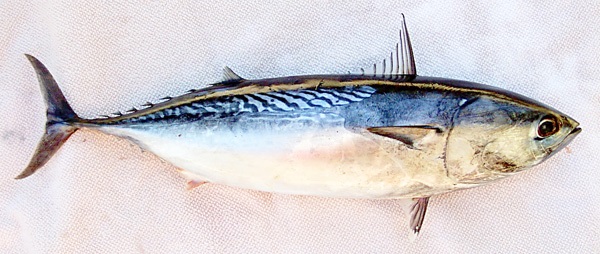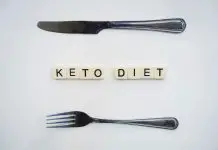In order to stay healthy, you need to eat healthy. Every now and then, you may have picked up something from the grocery store and peeked into the nutritional value label.
The macronutrient content (carbohydrate, protein and fats) is mainly what we look for, while the micronutrient part (vitamins and minerals) gets overlooked.

We are so much concerned about how much carbohydrate we take every day or how much protein is sufficient that no one really cares about vitamins and minerals. A balanced diet is necessary to keep your vitals in good working conditions.
Micronutrients do not affect our bodyweight, which is the reason of it being over shadowed by macronutrients. Our body demands vitamins and minerals as much as we need macronutrients.
For example, Calcium builds up the bones of our body and maintains normal heart rate. Vitamin C on the other hand aids in collagen formation. If we get a cut, Vitamin K helps in the process of blood coagulation. So now we know the importance of micronutrients, we must know where to get them.
Vitamins can be broadly classified into water soluble vitamins and fat soluble vitamins.
The daily requirement units have been expressed in terms of IU (International units), milligrams and micrograms in the following article.
Vitamin A
Sources: Sweet potatoes, spinach, liver, mango, carrots
Daily requirement: Around 2.333 IU

Functions: It mainly refers to 3 compounds (retinoic acid, retinal and retinol). You need Vitamin A for vision, cell differentiation, reproduction and bone growth.
It also regulates the immune system. Vitamin A can be toxic if you take in excess amounts. You may experience headaches, blurred vision, vomiting. The central nervous system, bones and liver are also highly affected. You should exceed an intake of 10,000 IU of Vitamin A.
Vitamin E
Sources: Vegetable oil, seeds and nuts, fortified cereals
Daily requirement: 33 IU

Functions: It is a powerful antioxidant that protects your body cells from any kind of damage and also shields your body from diseases.
It also helps in proper functioning of the immune system, metabolism and helps in repairing DNA strands. Excess amounts of Vitamin E increase the chances of stroke in people with high blood pressure. Chances of lung cancer are increased among chain smokers if Vitamin E is taken more than 2222 IU per day.
Vitamin C
Sources: Citrus fruits, tomatoes, bell pepper, brussels, broccoli.

Daily requirement: 75mg
Functions: It helps the body in collagen formation in bones and cartilage, muscle, and the blood vessels. It also assists in iron absorption. High doses of Vitamin C may result in gastrointestinal diseases. Not more than 2000 mg should be taken per day.
Vitamin D
Sources: Fish, fish oils, eggs, fortified milk. Our body synthesizes Vitamin D when the skin comes in contact with UV light. So it is healthy to expose yourself for about 20 minutes a day.
Daily Requirement: 5 mcg (200 IU)

Functions: The levels of calcium and phosphorus are maintained by Vitamin D in the blood. It reduces the chances of prostate, colon and breast cancers.
Chances of Osteoporosis are minimized when a healthy diet is maintained along with some form of exercise. More than 50 mcg of Vitamin D may lead to constipation, vomiting, nausea and other diseases.
Vitamin K
Sources: Broccoli, dark leafy greens, asparagus
Daily requirement: 122 mcg for women, 138 mcg for men

Functions: Vitamin K helps in the process of blood coagulation. It also helps in maintaining healthy bones.
Vitamin B6
Sources: Meat, fish, poultry, fortified cereals, vegetables.
Daily Requirement: 1.3 mg

Functions: It maintains normal blood-sugar levels. It also synthesizes certain brain chemicals and RBCs. Typically amounts greater than 100mg/day may cause severe nerve damage. A research shows that Vitamin B6 aids in the reduction of carpal tunnel syndrome and heart diseases.
Vitamin B12
Sources: Fish, meat, dairy and fortified cereals.
Daily Requirement: 2.4 mcg
Functions:Red blood cells and nerve cells remain healthy if proper amounts of Vitamin B12 are taken. It reduces depression and chances of heart diseases. Consider taking a supplement if you’re a vegetarian and you avoid eating fortified cereals.
The list doesn’t end here
Other than the above-mentioned vitamins, your body also requires minerals, trace amounts of Riboflavin, Pantothenic acid, Selenium and Thiamine.
You should include Phosphorus and Copper rich foods in your diet to minimize the chances of nausea, gastrointestinal pain and other kidney problems.
A balanced diet provides you with all the necessary macro and micronutrients, which would help you lead a perfectly healthy life.








































